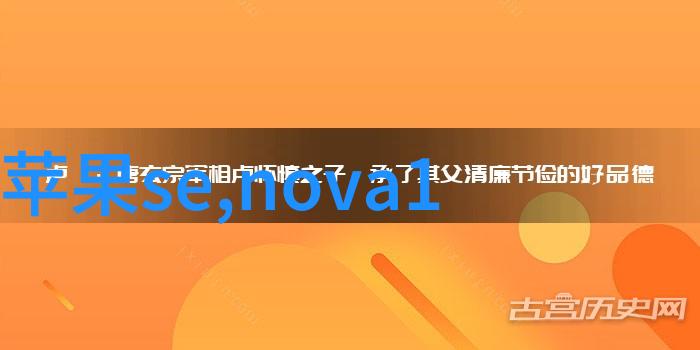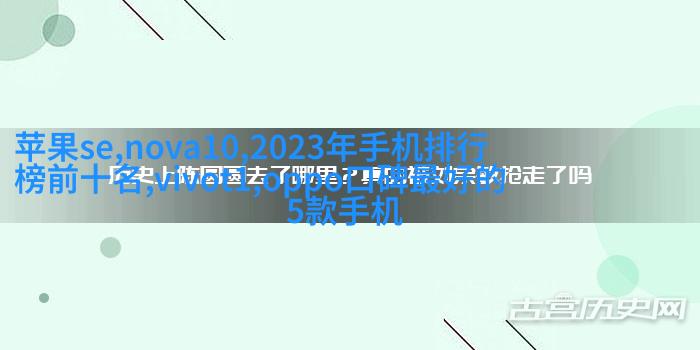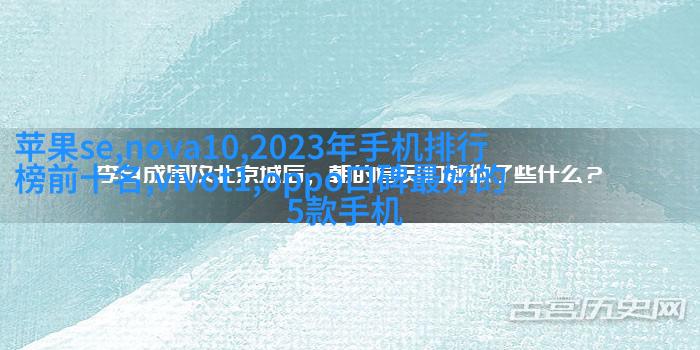2025-02-20 手机 0
食品加工行业对水质的要求

在食品加工中,水是不可或缺的生产要素之一。高纯度水不仅可以提高产品质量,还能降低生产成本。在传统的物理和化学处理方法下,尽管能够获得一定程度的纯净,但这些方法往往耗时且效率较低。而工业pure water edi设备(Electrodeionization)技术则为食品加工提供了一种更加高效、节能环保的解决方案。
工业pure water edi设备原理介绍

工业pure water edi设备通过电极作用与离子交换膜相结合来实现水分子的排斥,从而产生超纯水。这一过程既无需热力学消耗,也不会产生二次污染物,因此在现代化食品制造业中得到了广泛应用。
pure water edi设备优势

高纯度:Industrial pure water equipment capable of producing high-purity water with a conductivity of less than 0.06 μS/cm, which is far beyond the reach of traditional physical and chemical treatment methods.
节能减排:EDI technology eliminates the need for heating and cooling, reducing energy consumption by up to 90% compared to traditional reverse osmosis systems.

易于维护:The system's modular design allows for easy replacement of worn-out components, minimizing downtime and maintenance costs.
pure wateredi系统配置选择

When selecting an industrial pure-water EDI system for food processing applications, several factors must be considered:
The required purity level: Different types of food products have different purity requirements.
Flow rate: The volume flow rate should match the production needs to ensure continuous operation.
Space constraints: Compact designs are ideal for facilities with limited space.
应用案例分析
Case studies in various industries demonstrate the effectiveness of industrial pure-water EDI systems:
食品安全与合规性问题
Ensuring product safety is paramount in food manufacturing, particularly when it comes to using high-purity H2O sources.
总结与展望
In conclusion, industrial Pure Water EDI devices offer significant advantages over traditional methods in terms of efficiency, cost-effectiveness and environmental impact when applied in food processing industry applications. With continued research into optimizing these technologies further advancements can be expected leading towards even cleaner drinking waters – a future we all eagerly look forward too!
上一篇:重量之舞检重机的守护者